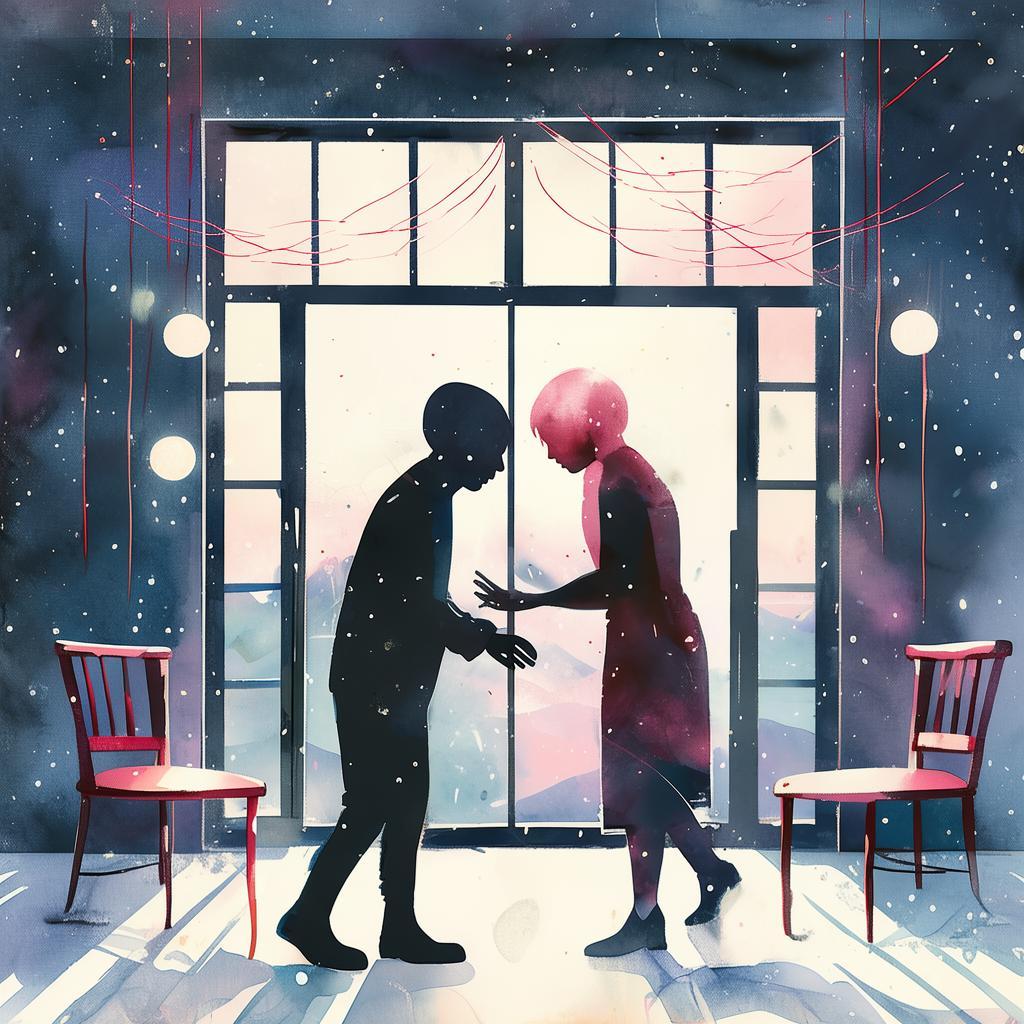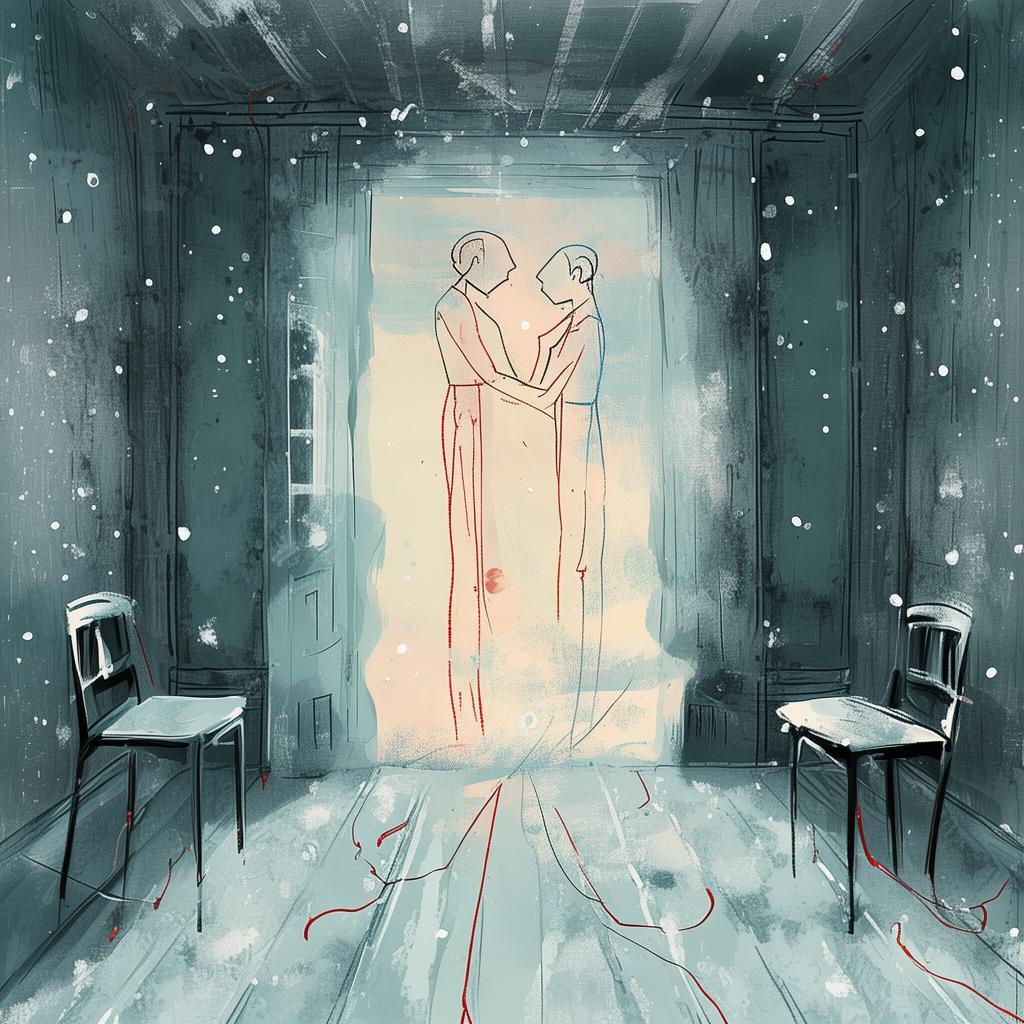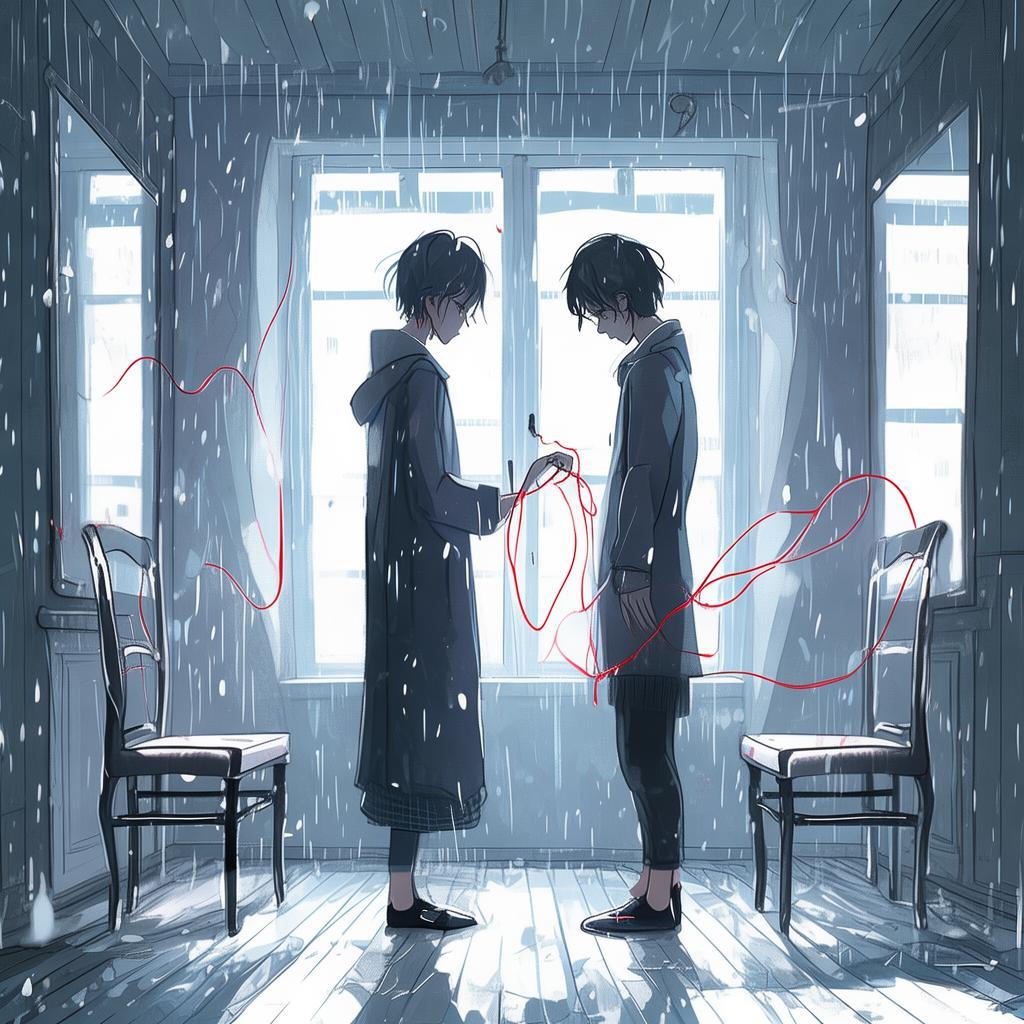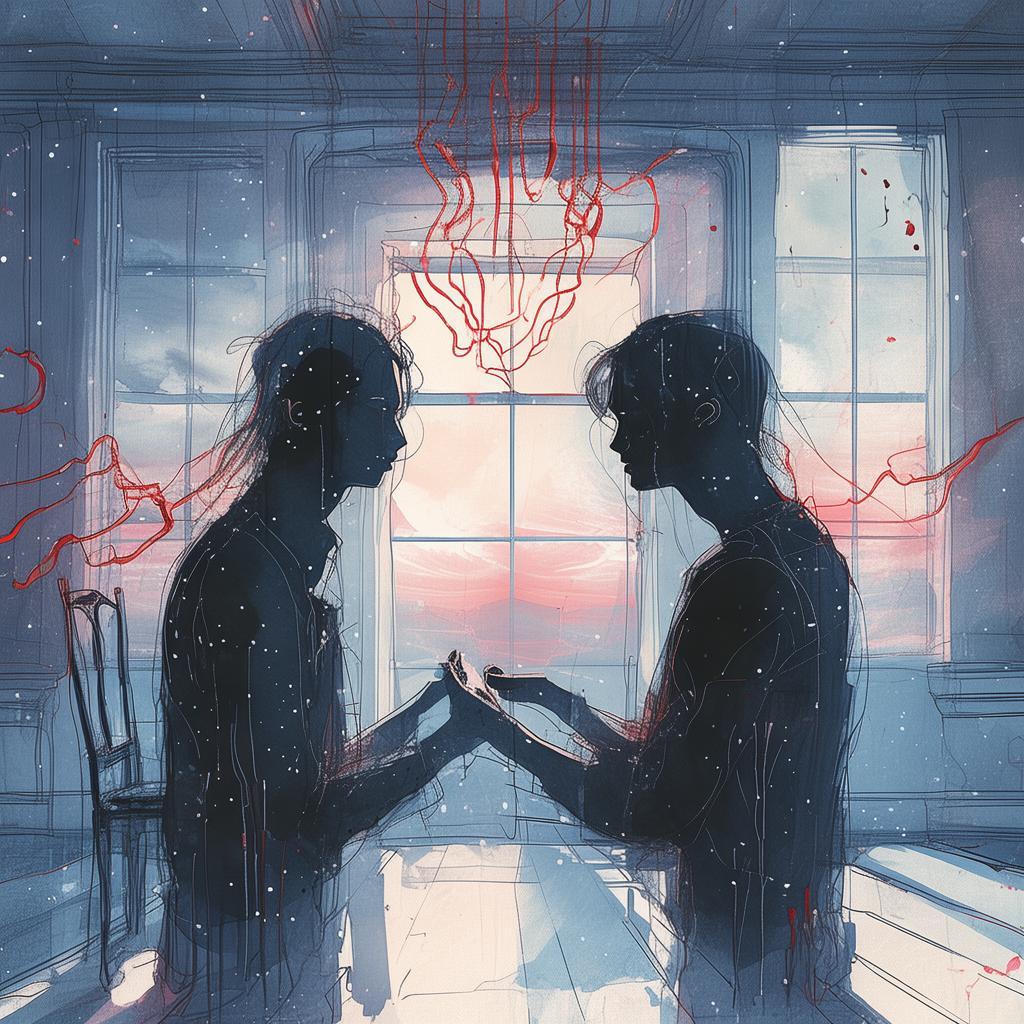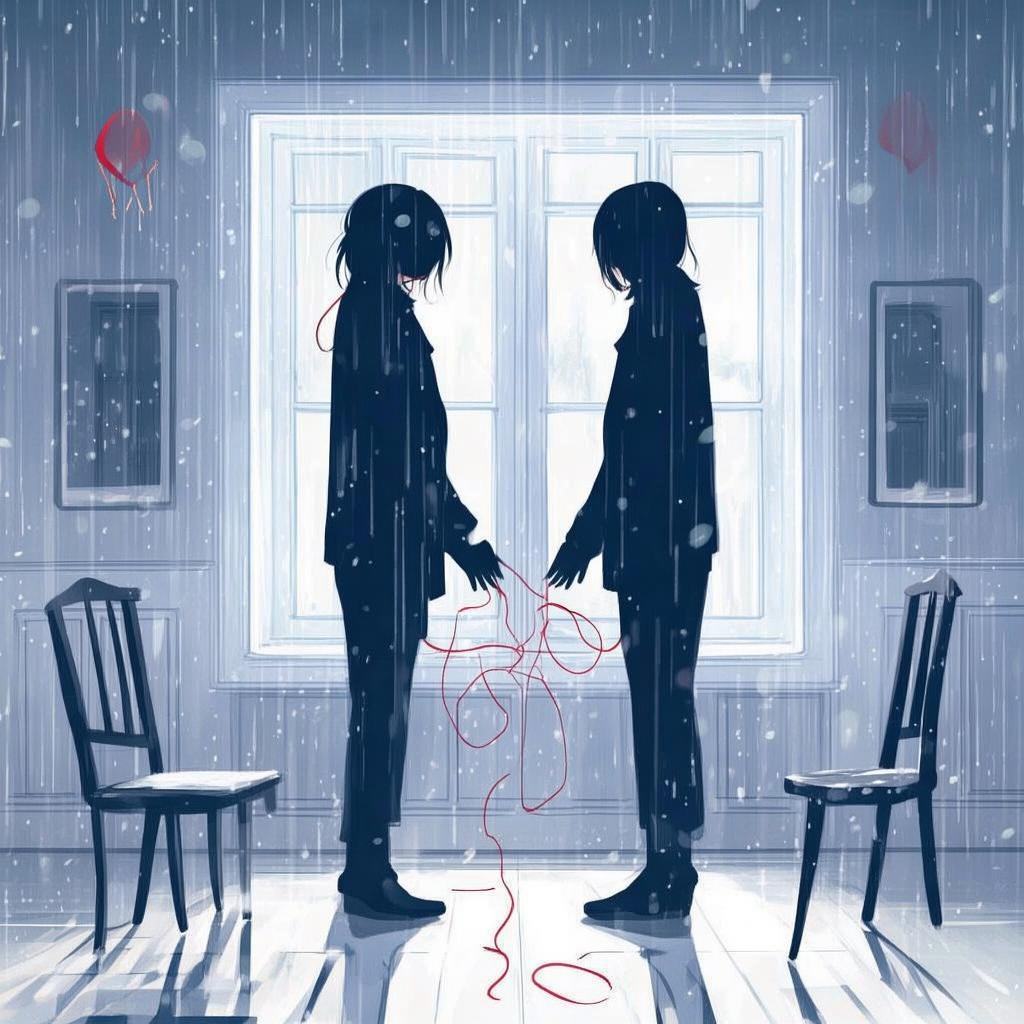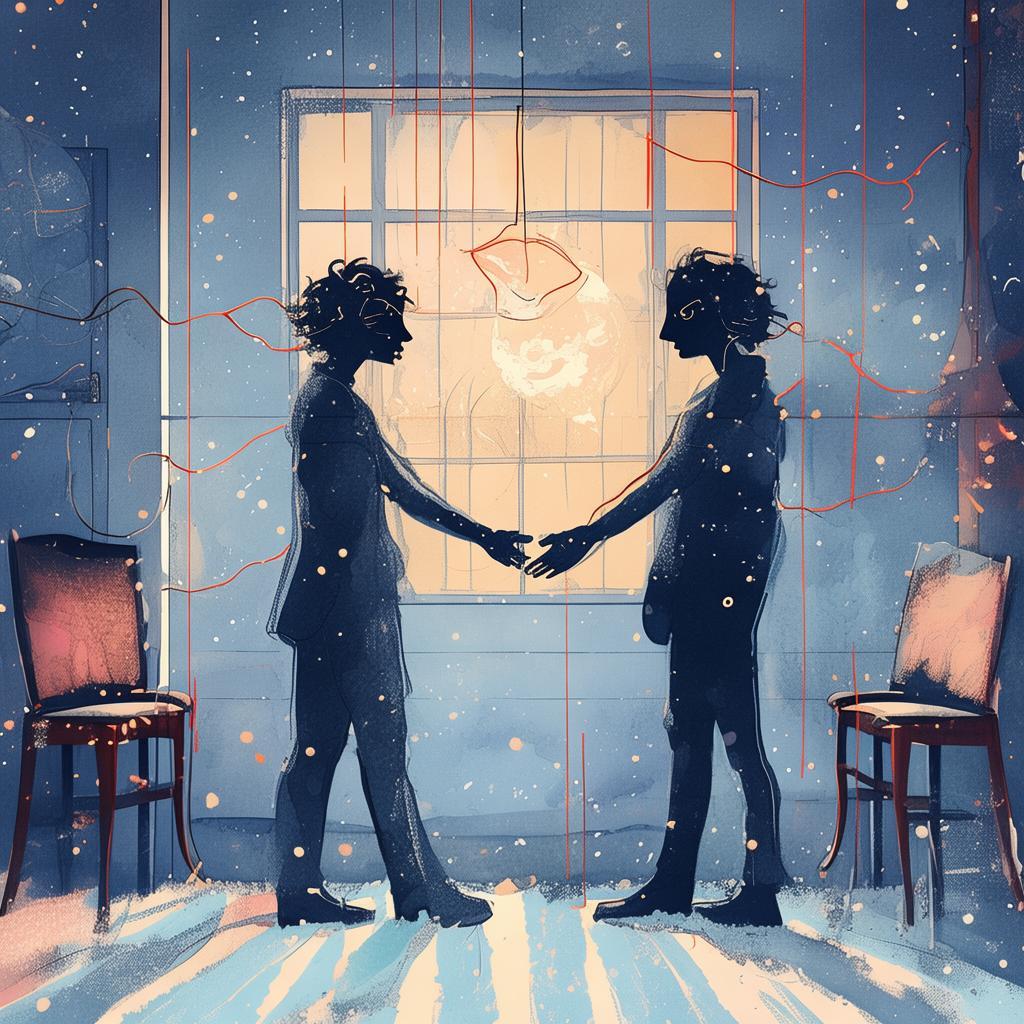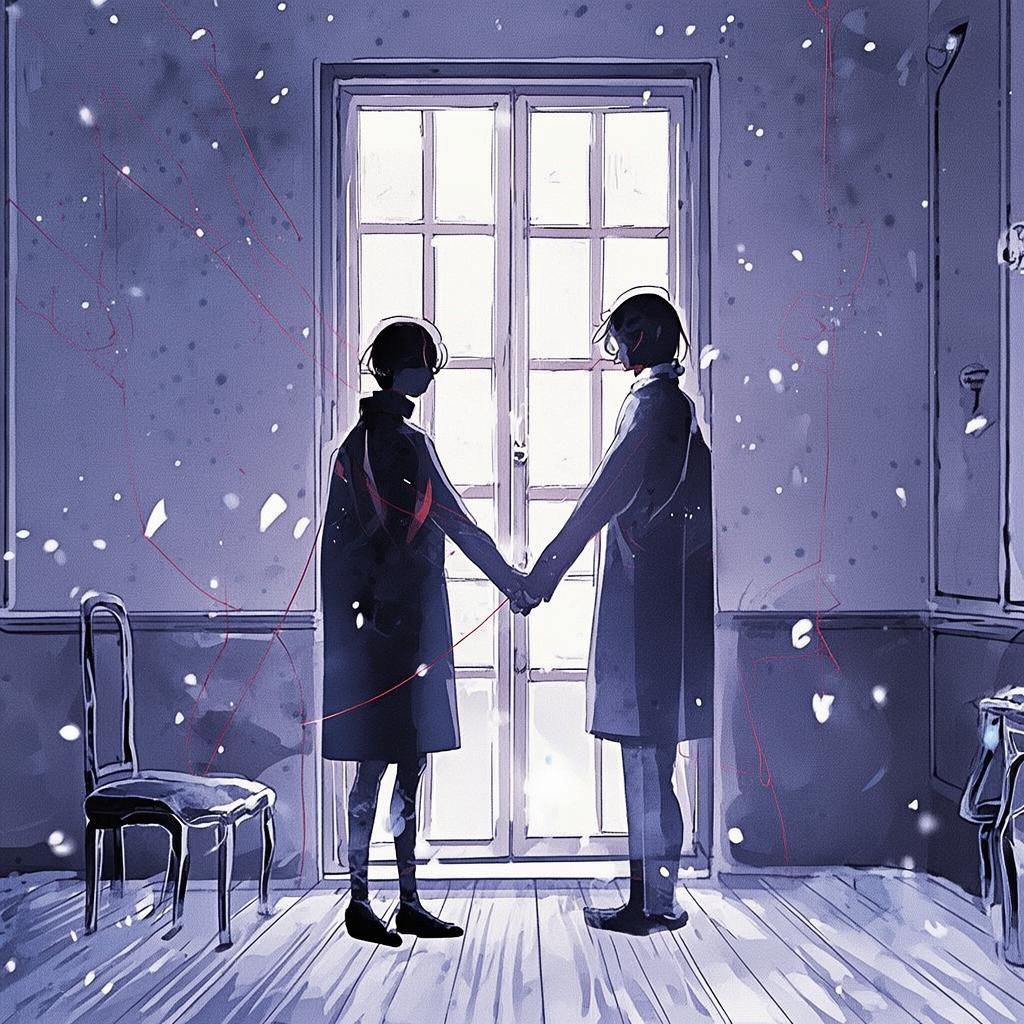The Forbidden Symphony: A Tale of Forbidden Love and Unwavering Ethics
In the heart of a grand opera house, where the air is thick with the scent of stage makeup and the distant hum of a grand orchestra, there was a story that few dared to speak of. It was the story of two souls bound by an unbreakable bond, a bond that transcended the bounds of societal norms and ethical codes. The Forbidden Symphony: A Tale of Forbidden Love and Unwavering Ethics was not just an opera; it was a testament to the power of love, the depths of human emotion, and the cost of living by one's ethics.
Act I: The Prologue
The story began with two young musicians, Xiao Li and Zhi Yang. Xiao Li was a virtuoso violinist, his fingers dancing effortlessly across the strings, creating melodies that could melt the coldest of hearts. Zhi Yang, on the other hand, was a composer whose symphonies spoke of the deepest passions and darkest fears of the human soul. Their paths crossed in the hallowed halls of the conservatory, where their shared love for music brought them together.
However, their love was not to be a simple melody played in harmony. They were of different worlds—the son of a wealthy family and the orphaned child of a poor, struggling artist. Society's eyes were upon them, watching with a mix of curiosity and disapproval. The conservatory was a sanctuary for their forbidden love, a place where they could escape the judgmental glances of the outside world.
Act II: The Forbidden Symphony
The conservatory's grandest project was the composition of a new symphony, a work that would challenge the boundaries of music and human expression. Zhi Yang was chosen to compose it, and Xiao Li was to perform it. The symphony was to be titled "The Forbidden Symphony," a nod to the love that fueled its creation.
As Zhi Yang worked on the composition, he poured his heart and soul into it, capturing the essence of Xiao Li's love, the struggles they faced, and the ethical dilemmas that consumed them. The symphony became a complex tapestry of emotions, weaving together themes of love, loyalty, and the pursuit of artistic freedom.
The conservatory's director, a man of stern moral fiber, was troubled by the content of the symphony. He believed that the work was a betrayal of the conservatory's mission to promote beauty and harmony, not discord and chaos. He sought to dissuade Zhi Yang from performing it, warning him of the consequences of presenting such a piece.
Act III: The Dilemma
The day of the performance arrived. The opera house was filled to the brim with the elite of society, all eager to hear the new symphony. Xiao Li stood on stage, his violin in hand, his heart pounding with anticipation. Zhi Yang, on the podium, felt the weight of the world upon his shoulders.
As the first notes of the symphony filled the air, the audience was taken aback by the intensity and emotion of the music. The symphony spoke of forbidden love, of the sacrifices made for the sake of art, and of the moral quandaries that plagued the composers. The director, who had been determined to suppress the symphony, found himself unable to ignore the profound impact of the music.
In the midst of the performance, the director confronted Zhi Yang. "You have broken the ethical code of the conservatory. This symphony is a mockery of what we stand for."
Zhi Yang, unflinching, replied, "But, sir, art is not bound by ethics. It is the reflection of the human soul, and our souls are full of love, pain, and conflict."
The director was torn. He saw the passion in Zhi Yang's eyes and the emotion in Xiao Li's performance. The symphony was a powerful work of art, and its message was one that needed to be heard.
Act IV: The Resolution
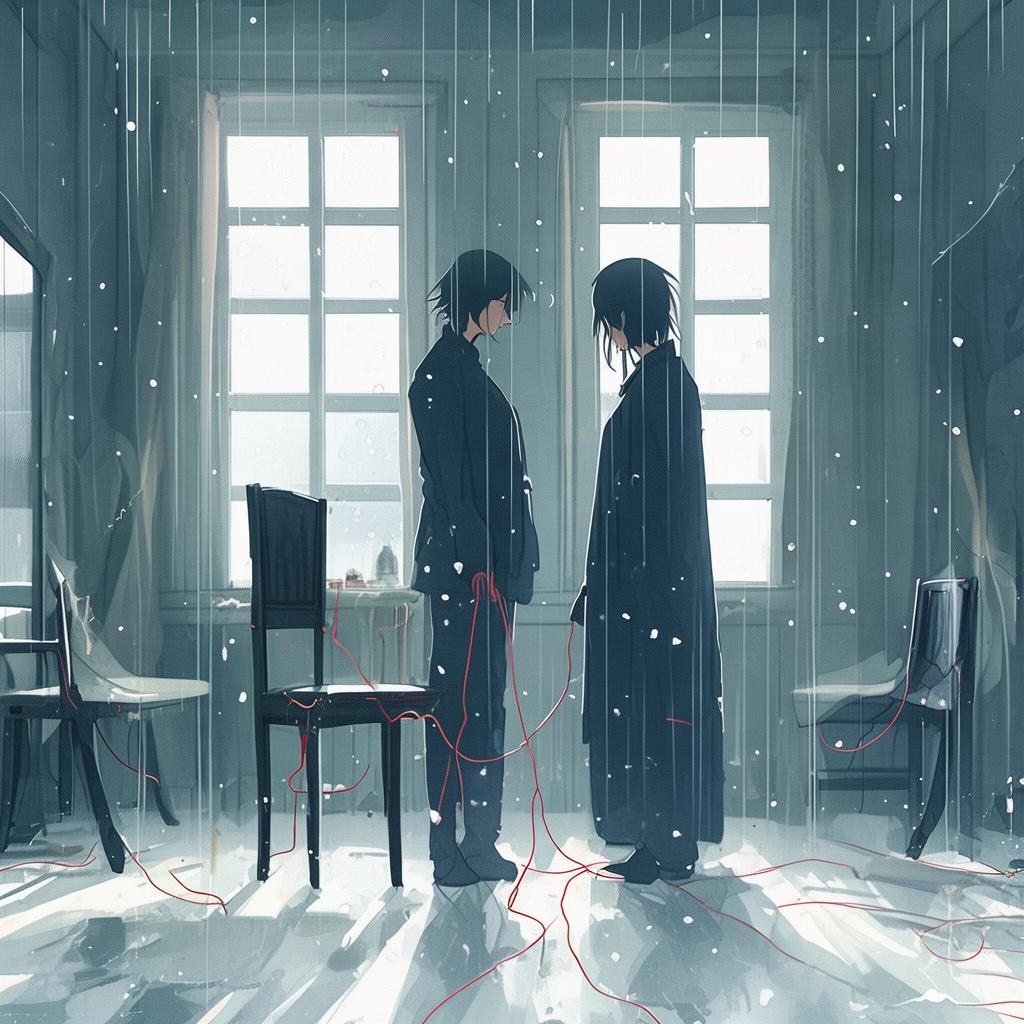
The performance concluded with a standing ovation. The audience was moved by the symphony's raw emotion and the story it told. The director, having witnessed the power of art to change hearts and minds, allowed the symphony to be performed, knowing that it would challenge the audience's own ethical beliefs.
Xiao Li and Zhi Yang emerged from the performance as heroes to many, their love and artistry inspiring a new generation to embrace the complexity of human emotions. The Forbidden Symphony became a symbol of the power of love to overcome societal constraints and ethical dilemmas.
The story of Xiao Li and Zhi Yang, set against the backdrop of "The Forbidden Symphony," serves as a reminder that love, art, and ethics are not mutually exclusive. It is a tale that will continue to resonate with audiences, provoking thought and discussion long after the final note has been played.
✨ Original Statement ✨
All articles published on this website (including but not limited to text, images, videos, and other content) are original or authorized for reposting and are protected by relevant laws. Without the explicit written permission of this website, no individual or organization may copy, modify, repost, or use the content for commercial purposes.
If you need to quote or cooperate, please contact this site for authorization. We reserve the right to pursue legal responsibility for any unauthorized use.
Hereby declared.
